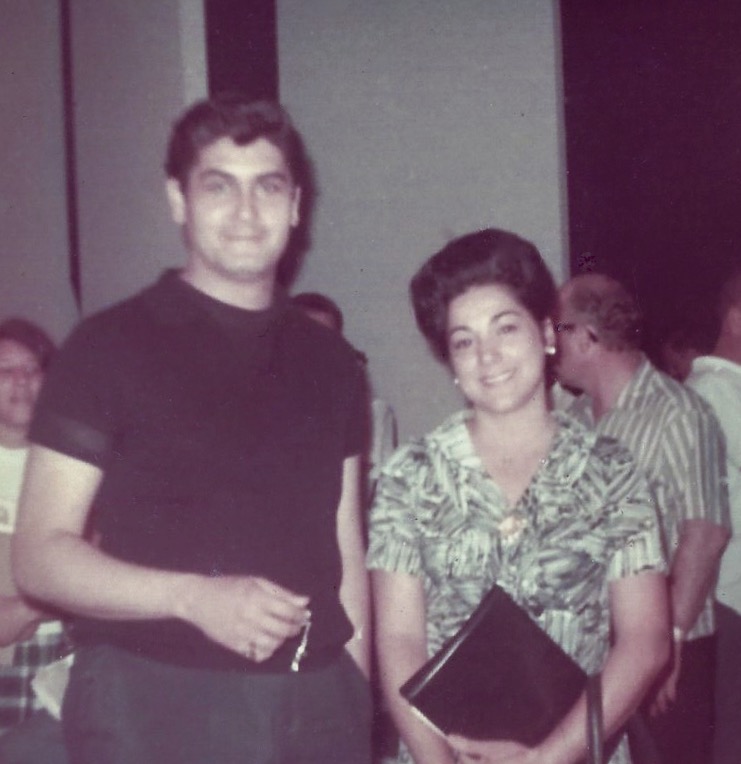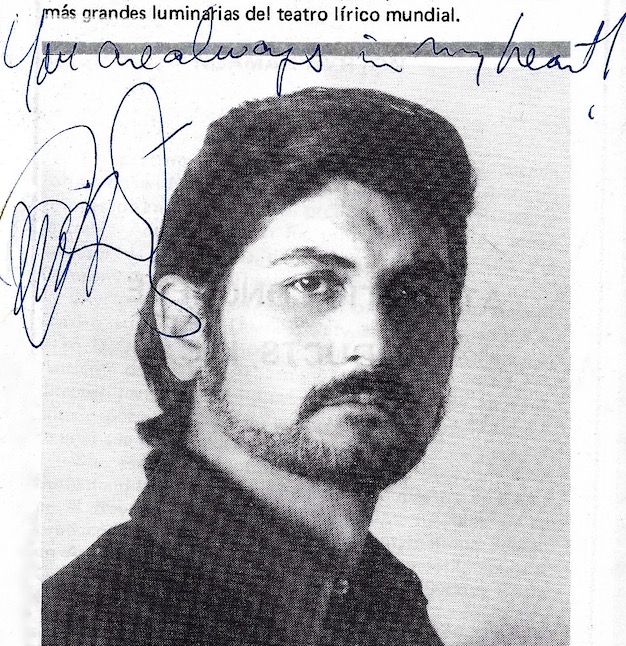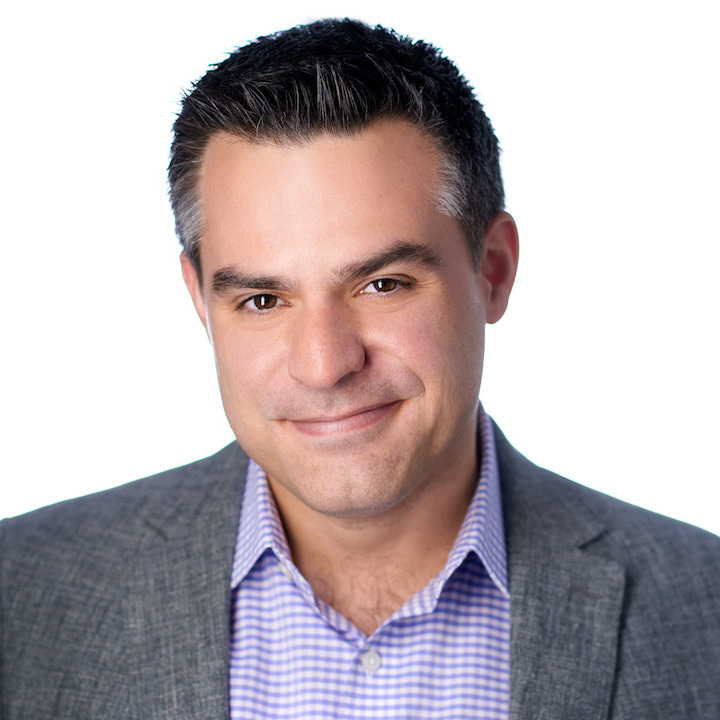Interview with Justino Díaz
Conversation with Justino about his career, interactions with Olga Iglesias and Pablo Casals
Many would argue that Justino Díaz is the most important opera star ever born in Puerto Rico. Born in 1940, Díaz was already enjoying great success in the early and mid-1960s. For example, Díaz was singing as a soloist under the baton of Pablo Casals and for the Metropolitan Opera, all before the age of 26. Today, Díaz is 83 years old and, most recently, a Kennedy Center honoree since December 2021, one of many honors and awards he has received throughout his life. I had the opportunity to interview Diaz for the Olga Iglesias Project in 2020. This is a transcript of our interview, which you can find on our YouTube channel. This transcript includes a bit more of the interview that didn’t make it into the final video, which is nice to know that those snippets are now seeing the light of day through our blog. Díaz told me about his beginnings as a young singer in Puerto Rico and his time with the University of Puerto Rico (UPR) Choir when Augusto Rodríguez was at the helm. He shares how Augusto Rodríguez and Jesús María Sanromá influenced his career. He also shares his experiences working with Pablo Casals and other singers such as Olga Iglesias, María Esther Robles and Leontyne Price. Of the countless resources available on Diaz’s life, I can say that it is rare to find information on his younger years in Puerto Rico and his early career. I am proud that we have been able to close the gap, however small, regarding the early career of this Puerto Rican superstar.
 Justino Díaz and Olga Iglesias in the early 1970s in San Juan, Puerto Rico
Justino Díaz and Olga Iglesias in the early 1970s in San Juan, Puerto Rico
Anthony Cheney Guzmán:
Hey Justino! How are you?
Justino Díaz:
Good morning! And welcome back to Puerto Rico!
Cheney Guzmán:
I’m excited to be back, and what a lovely day here close to the beach! I was very curious to understand more about your relationship with Olga Iglesias, obviously the namesake for my project here; my grandmother. Do you remember when you met Olga?
Díaz:
I’m sure I must have met her before the Casals Festival. She was a very well-known singer. She had her own television program.
Cheney Guzmán:
Did you ever see that program yourself?
Díaz:
I certainly did! I remember her theme song, and she sang it so beautifully. Díaz singing, “you are always in my heart even though you’re far away.” And the program opened like that. She was one of those great beauties on television back then, so great.
Cheney Guzmán:
You sang with her a couple of times.
Díaz:
Oh, after that of course. Mainly in the Casals Festival. The Casals Festival awoke an interest, yes, and things began. Opera companies, and concert series, etc., but the real important world class music happened in the Casals Festival.
Cheney Guzmán:
I have footage of you from here in the Casals Festival when you sang with Olga doing Haydn’s The Creation.
Díaz:
The Creation, yes. That was a very important step in my career. I met Casals very close to where your grandparents lived.
Cheney Guzmán:
Punta Las Marías?
Díaz:
Punta Las Marías! Yea, and, that’s where Casals lived.
Cheney Guzmán:
Yeah, that was the house he lived in before he went to Río Piedras.
Díaz:
Exactly. Yeah, of course. There I met Rudolph Serkin. I met Alexander Schneider, Arthur Rubinstein, so many famous musicians that used to take part in the Casals Festival. So, at that early age to be baptized in Puerto Rico singing under the baton of Pablo Casals, both Olga and I were, “Wow! This is a very … we have to remember this. This is not going to come back.” And we were all aware of that special moment; we all were given the opportunity to take part in.
Cheney Guzmán:
It’s beautiful. Working with Olga as a singer, was there anything that she did regarding her instrument that was unique or just the way perhaps that she sung?
Díaz:
Olga never, I never heard her speak about her voice. She spoke through her singing. That’s all she had to do was open that voice, that mouth, and out came the most beautiful soprano voice. And, of course, Casals saw that too. And he fell in love with that voice. It was funny because Olga was a friend of Marta Casals who was later to marry Don Pablo Casals. So there was a closeness there, and sort of like took us under his wing because we followed all of his advice and observations, musical observations, vocal observations. You know, I mean we’re talking about a man who had met Brahms and Camille Saint-Saëns.
Cheney Guzmán:
Justino, I wanted to ask you about the singing of that time, if there was any particular school of singing here in Puerto Rico due to the vocal talents that the island had?
Díaz:
We were all aware of the correct way of singing because we had in our immediate past Antonio Paoli who had an enormous career all over the world singing in all the great theaters. He happened to be one of Olga’s first teachers.
Cheney Guzmán:
Yeah, she was a high school student at the time.
Díaz:
She had the advantage of listening to his words of wisdom. I wasn’t ever so lucky. I got to study with one of the people who played piano for him and his lessons.
Cheney Guzmán:
Who was that?
Díaz:
That was the sister of Noro Morales.
Cheney Guzmán:
Alicia Morales?
Díaz:
You are very well informed, my goodness! Of course, Noro Morales is one of the great latin jazz pianists of all time. He played with the great bands of that era of the 30s and 40s.
But, I guess that if there is one school of singing is that we all tried to sing beautifully and correctly, and that is very much appreciated by conductors as indeed it was by Maestro Pablo Casals. I sang a lot with him. I did a lot of things with him, and so did Olga. In that sense you could tell that he was very approving of our singing, so lets leave it at that because I don’t think at that point in anybody’s career he has to teach neither she nor me how to sing. That is not the job really. He can suggest to do a diminuendo, how to do a crescendo, and other things of how to do good taste. And we took to it, I’m happy to say, both Olga and I took to it like a fish takes to water. It was a wonderful time for Olga and myself.
Cheney Guzmán:
That’s beautiful. In 1966 you also did the The Seasons with Casals as well.
Díaz:
That’s right, yes.
Cheney Guzmán:
And I believe you mentioned you did Fidelio.
Díaz:
Yes we did a concert version of Fidelio by Beethoven with the great John Vickers and the conductor was Zubin Mehta. That’s luxury casting my friend. Donald McIntyre was the Pizarro. What can I tell you. I also did a lot of oratorios with him and Alexander Schneider, Handel cantatas, both here in Puerto Rico and in Carnegie Hall.
Cheney Guzmán:
You sang with Olga in Carnegie Hall as well.
Díaz:
Yes, a couple of times
Cheney Guzmán:
You two were already involved in the musical scene in Puerto Rico even before the Casals Festival. You were mentored or took under the wing by Jesús María Sanromá.
Díaz:
Chuchú Sanromá! Of course. He was like the godfather to all of us Puerto Ricans.
Cheney Guzmán:
Yeah, including Olga.
Díaz:
Oh, yes, absolutely. He had been the main piano player for the Boston Symphony for decades and decades, of course. He was very much respected. And he had played concert repertoire and recital repertoire all over the world, and he went to the New England Conservatory.
Cheney Guzmán:
Just like you did.
Díaz:
That’s what I did. And a lot of us Puerto Ricans did the same thing because, I guess, we felt there was this custom, there was this thing to do, that was the school to go to. And I must say all of us had wonderful careers.
Newsletter
Stay up to date on how Olga Iglesias Project is making a difference in Puerto Rico through the fine arts and music education!
Cheney Guzmán:
Another big influence in your life was also Augusto Rodríguez.
Díaz:
Also, Augusto Rodriguez, the leader of the chorus of the University of Puerto Rico, and he also went to the New England Conservatory. He was a very refined musician, and he taught me and a lot of other young singers how to respect music, how to take things seriously because they were real amateurs in that chorus, it was like a glee club. I took every advice and every word very seriously.
Cheney Guzmán:
He did a fantastic job of elevating the quality of the singing of the chorus.
Díaz:
Totally. I sang in Beethoven’s Choral Fantasy, and there are little songs from the chorus, you know, because there aren’t any great arias or anything like that, and I was 18 years old something like that.
Cheney Guzmán:
So, at that time you had Sanromá and Augusto Rodríguez in your corner, and they were a big influence on you applying to New England Conservatory.
Díaz:
Absolutely. They wrote very nice letters of recommendation. From then things picked up and after two to three years in Boston I went to New York City. A year later I joined the Met. I was only 23 years old.
Cheney Guzmán:
Before you left for Boston, I know in 1957 at the age of 17 you performed in The Telephone in San Germán, Puerto Rico with María Esther Robles.
Díaz:
She had been a student in the Politécnico (now the Interamerican University of Puerto Rico). The Telephone has only two singers in it and it’s a little less than half an hour, and she would offer the performance.
Cheney Guzmán:
It was her own program?
Díaz:
Yes, that was it. It’s a great piece. I did it in San Germán, and we repeated it in El Ateneo in Old San Juan. She sold the performance to the Navy, and all the officers in Old San Juan came to see it. The Telephone is a very amusing piece that’s about this man who wants to propose to his girlfriend who is always on the phone. The phone is always interrupting his proposal, but he has to catch a train. He finally leaves, and she remains gossiping on the phone. He finally figures out that to reach her he needs to go to the station and call her.
Cheney Guzmán:
The Telephone is a newer opera from the 20th century by Menotti.
Díaz:
Yes, and that played on Broadway, and María Esther had done a few performances on Broadway. María Esther was my teacher, and she taught me the piece and had me sing it with her.

Justino Díaz dedicated autograph to Olga Iglesias that reads “You are always in my heart”
Cheney Guzmán:
So, speaking of venues in the United States, the Met, I know obviously played a big role in your life.
Díaz:
Well, I landed there very early I guess. They needed somebody like me, and, uh, somebody who had potential. That’s what they always talk about when they hear a young singer. Because a singer can either improve or get worse or not grow the way they should. It could go either way. You become an important singer or you don’t. I was lucky that way.
Cheney Guzmán:
And in 1966 you did Antony and Cleopatra.
Díaz:
Yes, we opened. Leontyne Price and I we were Anthony and Cleopatra. That was wonderful for somebody so young as myself, but all modesty apart, I was singing very well back in those years. Leontyne, of course, was at the top.
Cheney Guzmán:
And if I could make an observation. You two were also minorities in the 1960s.
Díaz:
I think that was a total accident because if you really come to think of it one of the considerations was that practically all the singers were preferably to be Americans. We all fit the bill. I happen to be Puerto Rican and Leontyne was African-American. You might ask me if you think that played a role in them choosing us. I really don’t think so.
Cheney Guzmán:
Did you ever experience any bigotry after the fact?
Díaz:
No, because the bigotry would’ve shown itself before, and Leontyne already had a good twelve years of career at that point. She was already a very well respected singer. She had sung at La Scala in Milan and did a ton of records. I was starting, granted, but I had already done a few recordings and everything was so organic and so normal.
Cheney Guzmán:
It didn’t even cross your mind.
Díaz:
No. No, not at all. Everybody spoke English. More important than the language of the vernacular was the we spoke music. Music is a great equalizer, and the reason I was accepted as she was accepted was because of music. She was a great singer, and I was a very talented young singer.
Cheney Guzmán:
In Puerto Rico there was of course this amazing movement of classical music, but where did we go wrong as a country in not being able to continue that tradition of classical music?
Díaz:
Well, now, it takes a lot of energy, a lot of money, to bring things to Puerto Rico. Hire people from the mainland or from Europe. Mind you, we have hired people all during these years, but it’s not something that you would call, you know, New York or Boston.
Cheney Guzmán:
Or the golden days or the Casals Festivals in the 1960s?
Díaz:
Or even that, or even that, yea.
Cheney Guzmán:
Justino, thank you so much for taking the time to speak with me. It was my pleasure entirely.
Díaz:
You brought back memories that are very dear to me, very dear to me.
Cheney Guzmán:
I feel honored, really, that we’ve had the chance to chat. Thank you. Because of Olga Iglesias and her legacy I learned so much about your life through her career and the things she left behind. So, I want to thank you again.
Díaz:
You’re always welcome here.

